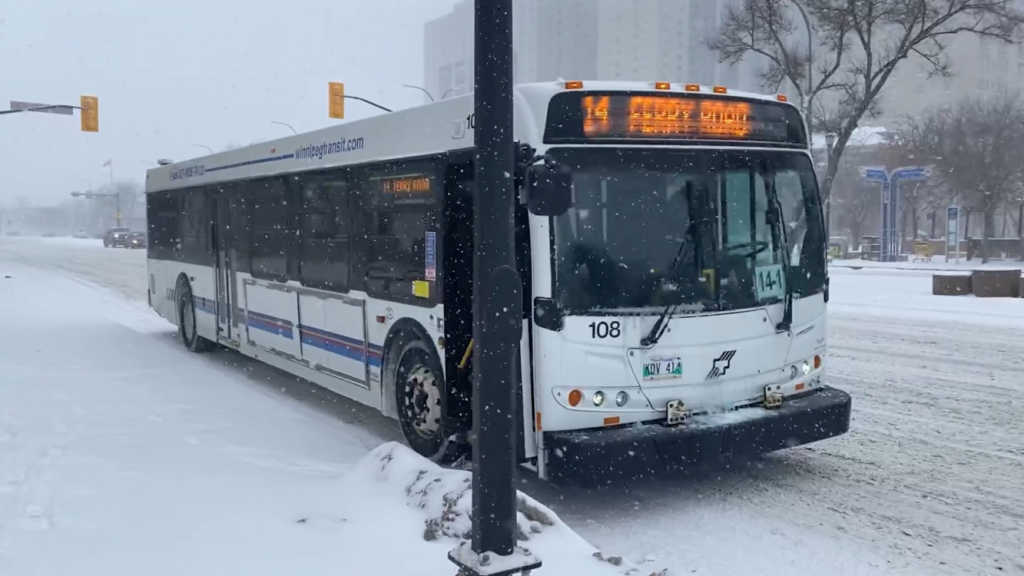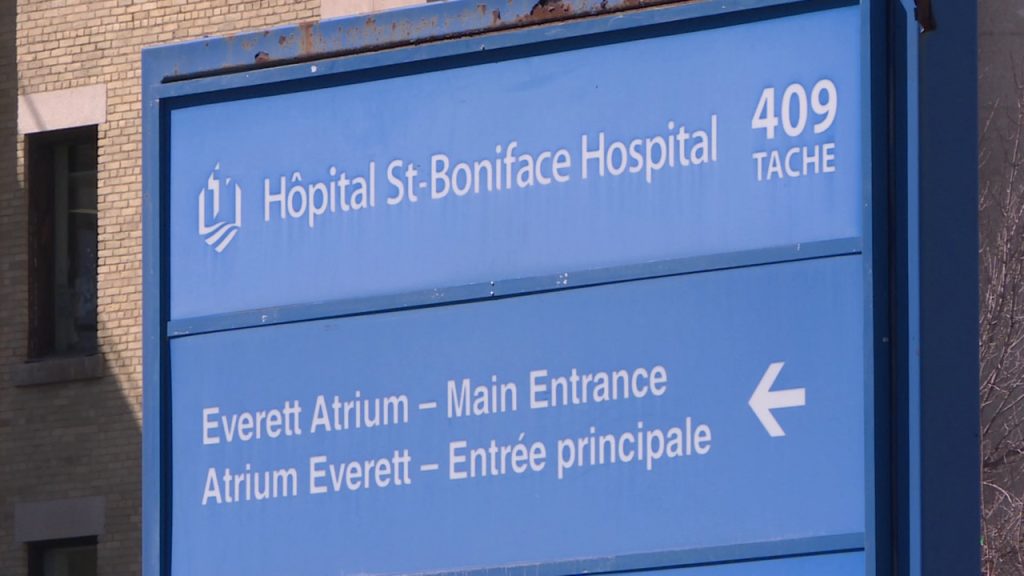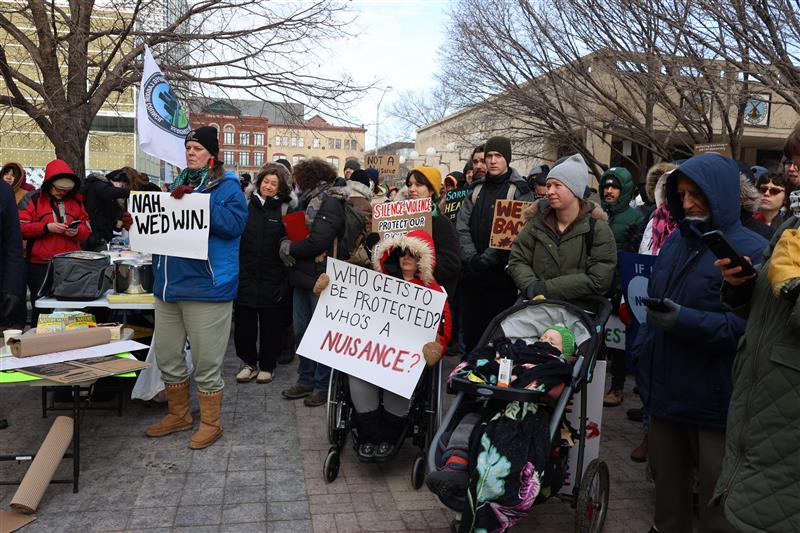Winnipeg City Council to vote on whether to make transit free for low-income users

Posted January 24, 2024 5:16 pm.
Last Updated January 24, 2024 7:50 pm.
Winnipeg City Council is set to vote on a motion on whether to make transit free for low-income users, with that same motion looking to explore a fare-less transit system in Winnipeg.
The motion from Councillor Matt Allard looks to make WINNpass, Winnipeg Transit’s fare program for low-income users, free.
The program currently provides eligible recipients a 50 per cent discount on full-rate monthly passes and e-cash rides.
“I worry and know that as fares increase so too does ridership decrease,” said Allard.
“I thought WINNpass was still not as big of a program as it is. I found out it is quite a big program. If I recall correctly, it has become a $40 million program from being a $4 million program. At the very least I would like to see WINNpass go down the amount inflation has gone up.”
The motion also asks the city to hire a consultant to study the cost of running Winnipeg Transit without charging fares.
“The city has identified in its own poverty reduction strategy that affordability and accessibility of transit are huge priorities to reduce poverty in the city. Bringing it down to zero would be a huge win,” said Niall Harney, a senior researcher with the Canadian Centre for Policy Alternatives in Manitoba.
After the former provincial government pledged a total of $1.4 million to study both the widening of Route 90 and extending Chief Peguis Trail, Allard is hoping that money can be used towards the consultant study.
“I think there’s ways of incrementally, slowly bringing in more and more affordable transit. As transit becomes more affordable, more people ride, fewer cars on the road, less wear and tear on the road, and more money in people’s pockets. It’s a virtuous cycle,” said Allard.
Brendon Hemily, a public transportation consultant says for major cities, removing fares may not lead to a massive switch to public transit.
“Places have looked at it and decided that it was a very difficult journey,” says Hemily.
“The city of Tallinn’s city council made transit free for all residents not for tourists. Studies showed that it had relatively modest impacts. It should that the increase in ridership was less than 2 per cent.”
Hemily says research has shown riders prioritize service quality over fares.
“Study after study has shown that service levels are far more important than fares. People of course are sensitive to fares, but they are not as sensitive compared to service,” said Hemily.
Allard added, “I think the more transit is funded and made accessible as a transit policy, the more we are all better off.”








